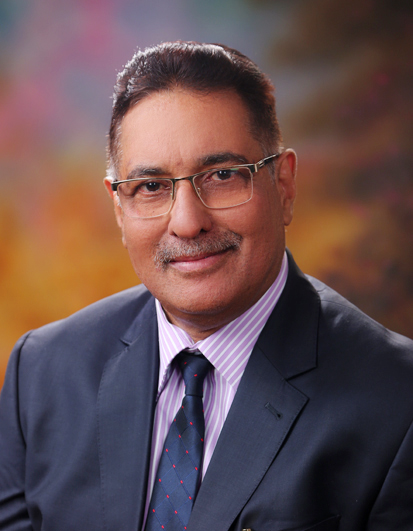The Origins of Numerology
Numerology is reputed to be one of the oldest analytical techniques in the world. Sankhyatatvwa or Numerology, as we know it, is derived mainly from ancient Hindu and Arabic teachings, but it was part of the Greek, Babylonian, Hebrew and Chinese tradition. Two and half thousand years ago, Egyptian and Babylonian priests used numerology as a way of understanding their fellow man. The Chaldeans, Mayans, Tibetans, Phoenicians and Celts are also believed to have developed their own system of numerology in order to understand nature.
For centuries, numbers were perceived as the building blocks from which the universe is constructed. Numbers were used to explain the rhythms of nature and the story of creation. The sacred rituals of the Celts were often based on numbers. Greek philosophers equated studying numbers with studying the power of God and Jewish students of the Cabbala devised their own doctrine of numbers. Even the Bible has its book of Numbers.
Much of the numerology practiced today is based on the philosophy of Pythatgoras. Thus there are many interpretations of numerology. Even among Pythagorean numerologists, there are differences of interpretation that have arisen as individual students gradually developed their own systems. Like nine planets in our solar system that govern our life, there are only nine numbers by which all the calculations on this earth are made. Beyond these nine numbers (1 to 9), all the rest are repetitions, as 10 is a 1 with a zero added, 11 is 1 plus 1, and so on. Every number, no matter how high, can be reduced to a single figure by what is called 'natural addition' from left to right.
At the initial level, there are only nine numbers to be considered. One has to master the occult meaning of theses numbers as they occur in the birth date. Numerology is a method of linking the microcosm with macrocosm. For numerologist the planets become embodied in a human form and the numerologist can closely observe them as a part of the cosmic play. Numerology, however, unlike astrology is not a complete science. It is only a branch of predictive sciences. To become a good numerologist one has to be a keen observer and patient listener. Study of physiognomy and astrology becomes mandatory.
Numerology is much simpler than astrology. It does not require complicated mathematical calculations. There are just three things a numerologist needs to know -birth details, the day of the week in which the person was born and his name. Based on these details the numerologist is able to tell a person about his nature, destiny, social interaction, and the right day to start ventures, relationship, selecting dwelling place and the year wise future of a person in general terms.











